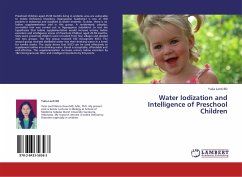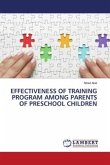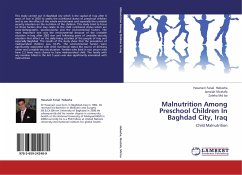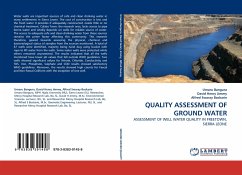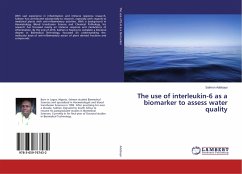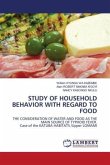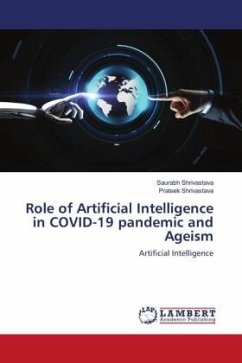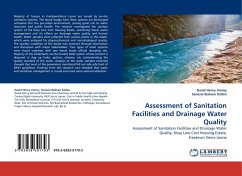Preschool Children aged 25-59 months living in endemic area are vulnerable to Iodine Deficiency Disorders. Ngargoyoso Subdistrict is one of IDD pockets in Indonesia and classified as severe endemic. To date, there is no Iodine supplementation trial in this group. A randomized, placebo, controlled trial was carried out in Ngargoyoso Subdistrict to test the hypotheses that Iodine supplementation would increase urinary Iodine excretion and intelligence scores of Preschool Children aged 25-59 months. Sixty seven preschool children were recruited from four villages and divided into two groups. The first group received 100 micrograms KIO3. The second group received distillated water into their drinking water in a kendi for twelve weeks. The study shows that KIO3 can be used effectively to supplement iodine into drinking water. Kendi is acceptable, affordable and cost-effective. The supplementation increases urinary Iodine excretion by 182 micrograms per litter and Intelligent Quotientsby 8.8 points.
Hinweis: Dieser Artikel kann nur an eine deutsche Lieferadresse ausgeliefert werden.
Hinweis: Dieser Artikel kann nur an eine deutsche Lieferadresse ausgeliefert werden.

